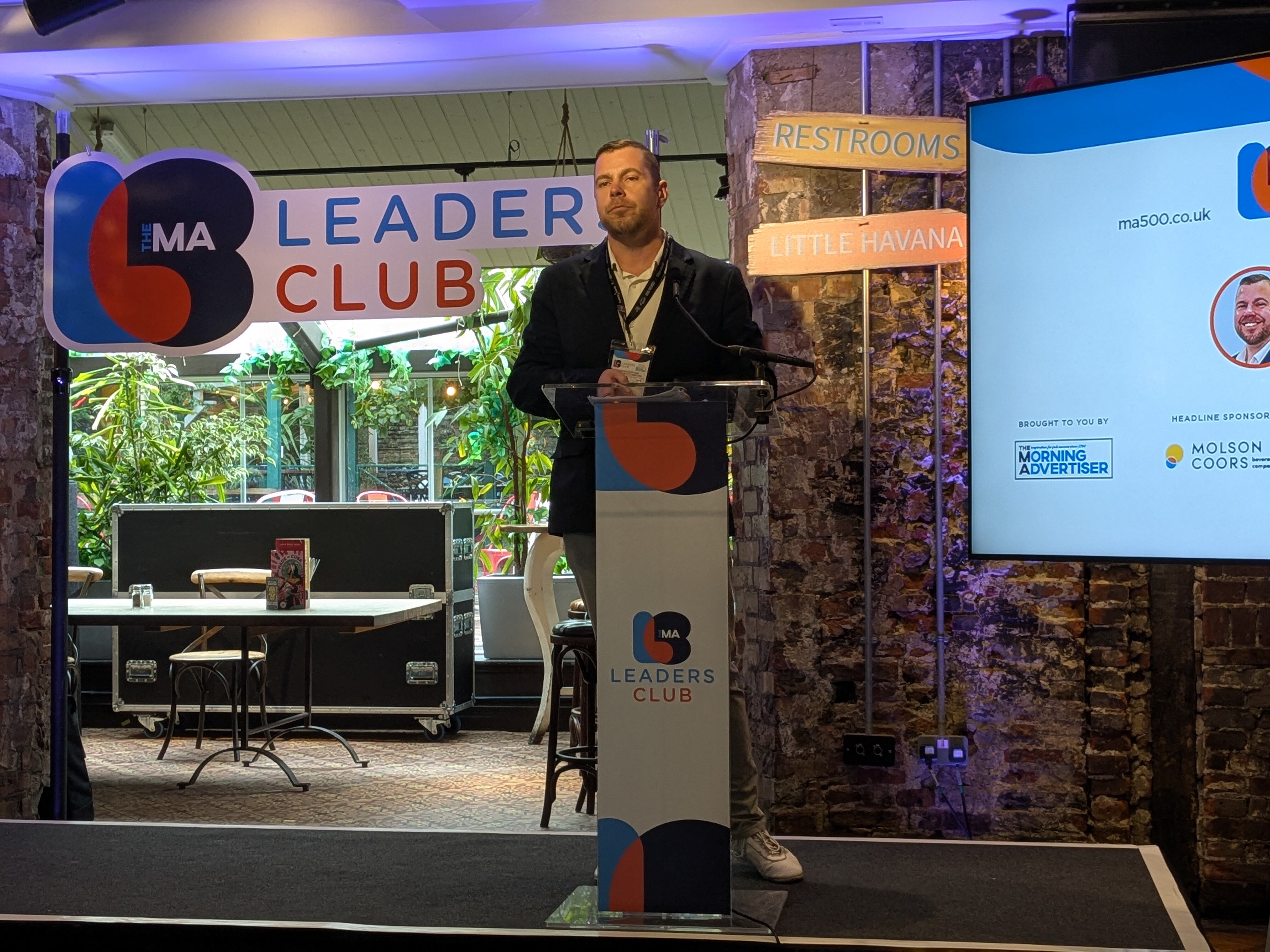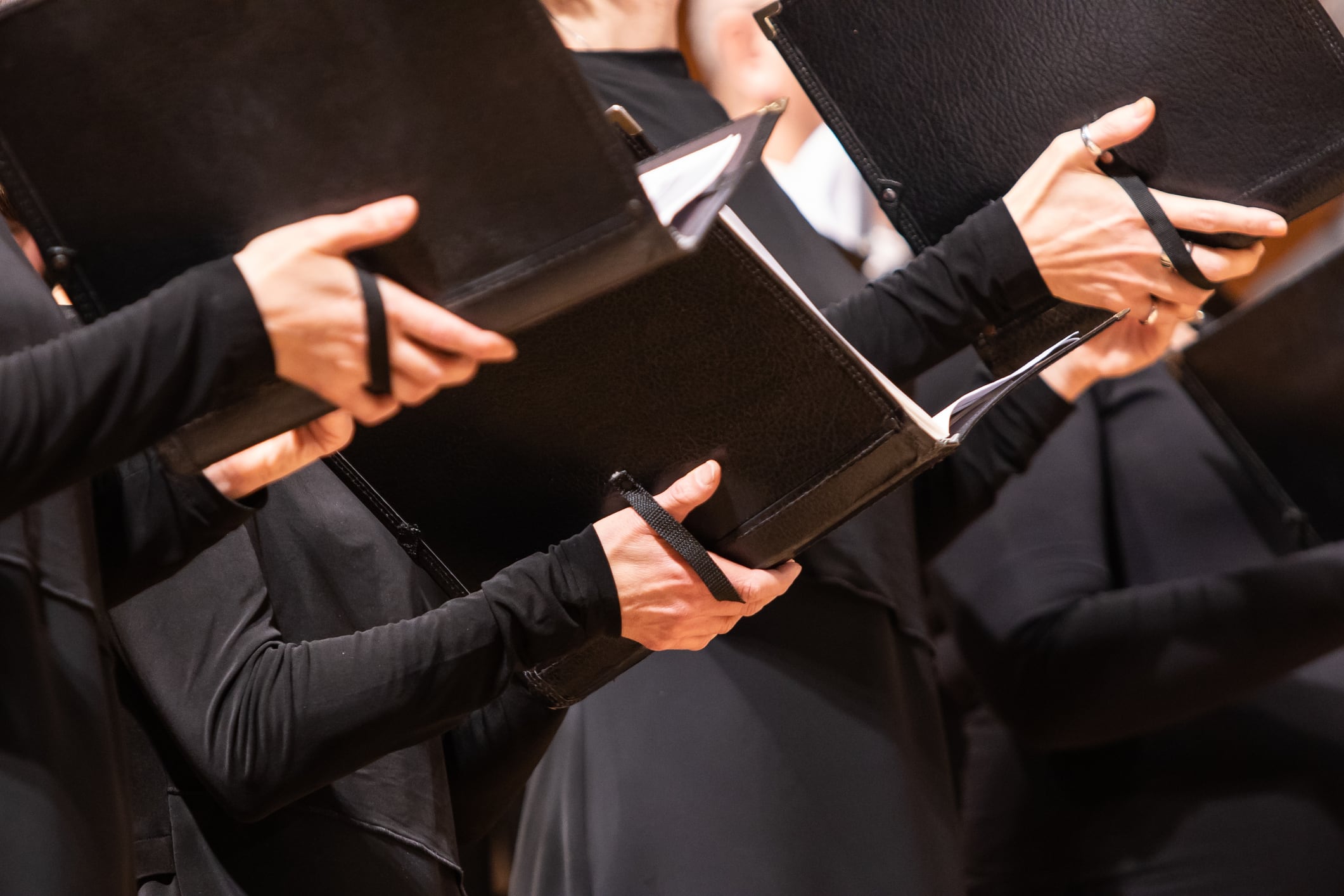Q. We’re planning a big Christmas display on the front of our pub this year and we’d like to add some festive music to it. Do we need permission under our licence for the music being played from the frontage?
A. Whether the music being played from the front of the premises requires a premises licence or temporary event notice (TEN) depends on several factors and how it will be experienced by passers-by.
There is an exemption under the Licensing Act 2003 for playing of recorded music that is incidental to some other activity which is not itself a licensable activity. In this case it might be argued that the music is incidental to the promotional activity of the premises, which is not a licensable activity.
If your Christmas display is simply enhanced by some low-level music that people can only hear while they are walking past or enjoying a drink immediately outside, then it is likely to fall within the “incidental” exemption.
However, if you are promoting performances of live music, creating a display that is designed to draw a crowd, or playing the music at a volume that could not be described as “background”, then it is very likely to be a licensable activity. In that case, you would need either a premises licence or a TEN authorising the music in the relevant area.
There are further exemptions for live and recorded music under the Lice Music Act 2012 that you may be able to benefit from, but this is not straightforward and specialist legal advice should be sought.
Also remember that playing recorded music in public normally requires the appropriate music copyright licences, even if it is “incidental” for licensing purposes. You may also require planning permission for alterations to the façade and/or installation of speakers outside.
Q. Our variation application to extend hours was approved at a licensing hearing last month, but we’ve been told the decision could still be appealed. I thought the 21-day appeal period had passed. Can someone really challenge it later?
A. This is a point that often causes confusion and you are right to flag it. The 21-day appeal period begins the day on which the parties were notified by the licensing authority of the decision. Whilst licensing sub-committees often deliver their decision orally at the end of the hearing, many insist that the appeal period does not begin until the full reasoned decision is issued in writing.
In some cases, licensing authorities take several weeks (and occasionally longer) to send out the full written decision. So while the decision of the sub-committee may have taken immediately effect after the hearing, it can leave businesses like yours with the pending risk that an objector can still lodge an appeal, possibly months later.
In the case of a new licence or variation application, the decision of the sub-committee will still stand pending the outcome of an appeal (so you can continue trading your extended hours), however we appreciate this situation can still create real uncertainty for operators who may already have invested in new arrangements based on the approval.
The best approach is to monitor the situation closely. Continue to chase the licensing authority for the written decision as soon as possible after the hearing and keep a record of when the full decision is issued. If an appeal is lodged, you must be notified. If there is a significant delay in the full decision being issued by the Licensing Authority then take legal advice.
- David Inzani is a partner at Poppleston Allen




